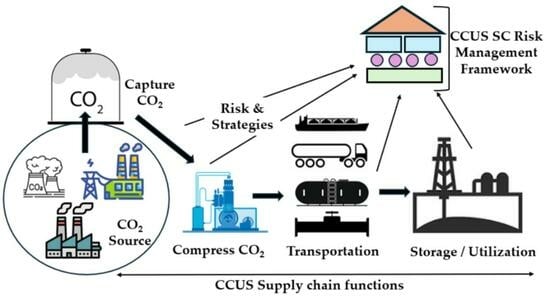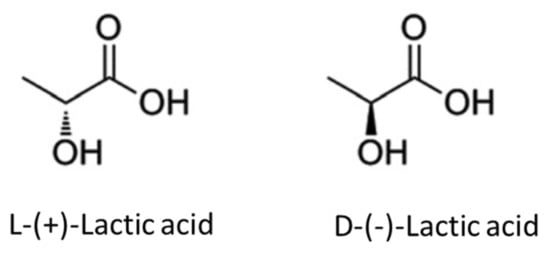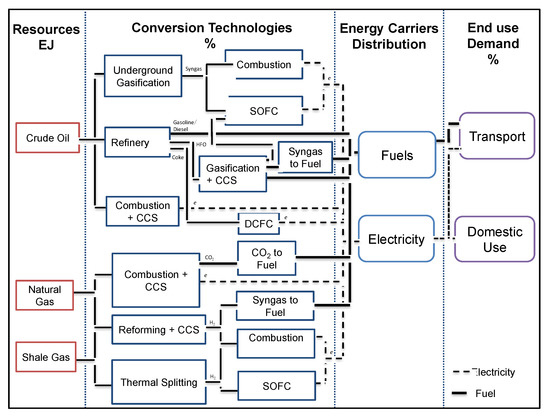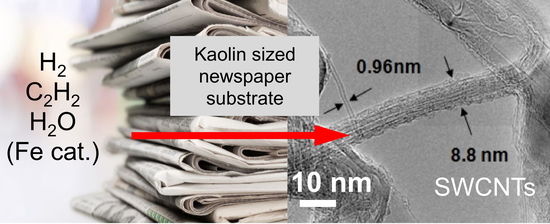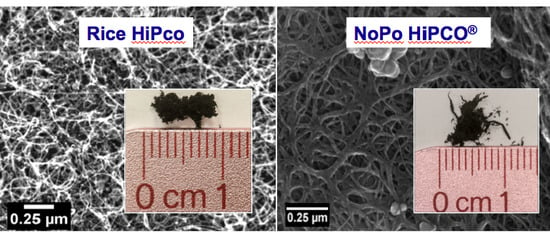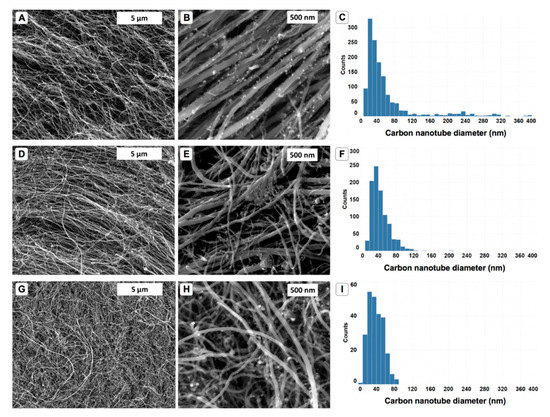Carbon in the Circular Economy
A topical collection in C (ISSN 2311-5629). This collection belongs to the section "Carbon Cycle, Capture and Storage".
Viewed by 82908Editors
Interests: carbon nanotube synthesis; applications and characterization; electron microscopy of carbon nanotubes; electrochemistry in organic synthesis; electro organic synthetic chemistry; catalysis and catalytic nanoparticles; nano medicine; aerospace and deep space applications; science education using nano materials
Special Issues, Collections and Topics in MDPI journals
Interests: carbon dioxide capture and utilisation; sustainable and clean energy production; materials science and engineering; electrochemistry; photovoltaics; sensors; drug delivery
Special Issues, Collections and Topics in MDPI journals
Topical Collection Information
Dear Colleagues,
Carbon is one of the most heavily extracted materials on the planet, constituting the ingredient that serves as the basis for most of the materials of the modern world—the list ranging from fuels to medicines, solvents, plastics, rubbers, and many more. Without access to carbon and, consequently, these materials, the modern world might grind to a halt. This is especially pertinent in a peak-oil scenario. If we run out of oil and the main supply of carbon goes dry, then how will modern society continue to grow? How will it even maintain equilibrium? Yet, there is a growing body of scientific, technical, and innovative possibilities that use pre-existing materials, which are reprocessed to create the materials of our future. Materials that have been extracted, used, and then spent can be upcycled and circularized back into the economy for continued use. Additionally, materials can be created to have several lifecycles designed into their properties from the outset. In this way, the need to recycle is mitigated, and ultimately, the notion of waste is flipped on its head. Waste is a resource and a commodity, not a burden or a health hazard. Ultimately, the goal is to create materials that are designed to avoid landfill or spillage to our atmospheres at all costs. Once materials enter landfill, they historically end up in the food chain (e.g., microplastic formation from plastics), and once they end up in our atmosphere, they affect the natural environment (e.g., decreased breathing quality due to carbon particles in the air).
This Special Issue is dedicated to showcasing the various methods and materials that can be created that avoid the pathway to landfill. This is a call to action for scientists and engineers to take a cold hard look at the world in which we live. Do you really want your grandchildren to drink the microplastics that our generation created? Do you want them to live on a planet where the air is unbreathable? If such a future sounds grim to you and you have ideas and technologies to avoid it, then this Special Issue is for you. This problem is multifaceted, so the solution will require input from multiple sources and disciplines. We therefore welcome contributions from all disciplines that uncover and educate us on ways and means to keep carbon in the economy and prevent its escape into our living and breathing environment.
Dr. Alvin Orbaek White
Dr. Enrico Andreoli
Guest Editors
Manuscript Submission Information
Manuscripts should be submitted online at www.mdpi.com by registering and logging in to this website. Once you are registered, click here to go to the submission form. Manuscripts can be submitted until the deadline. All submissions that pass pre-check are peer-reviewed. Accepted papers will be published continuously in the journal (as soon as accepted) and will be listed together on the collection website. Research articles, review articles as well as short communications are invited. For planned papers, a title and short abstract (about 100 words) can be sent to the Editorial Office for announcement on this website.
Submitted manuscripts should not have been published previously, nor be under consideration for publication elsewhere (except conference proceedings papers). All manuscripts are thoroughly refereed through a single-blind peer-review process. A guide for authors and other relevant information for submission of manuscripts is available on the Instructions for Authors page. C is an international peer-reviewed open access quarterly journal published by MDPI.
Please visit the Instructions for Authors page before submitting a manuscript. The Article Processing Charge (APC) for publication in this open access journal is 1600 CHF (Swiss Francs). Submitted papers should be well formatted and use good English. Authors may use MDPI's English editing service prior to publication or during author revisions.
Keywords
- carbon
- carbon utilization
- carbon recycling
- green manufacturing
- circular economy







